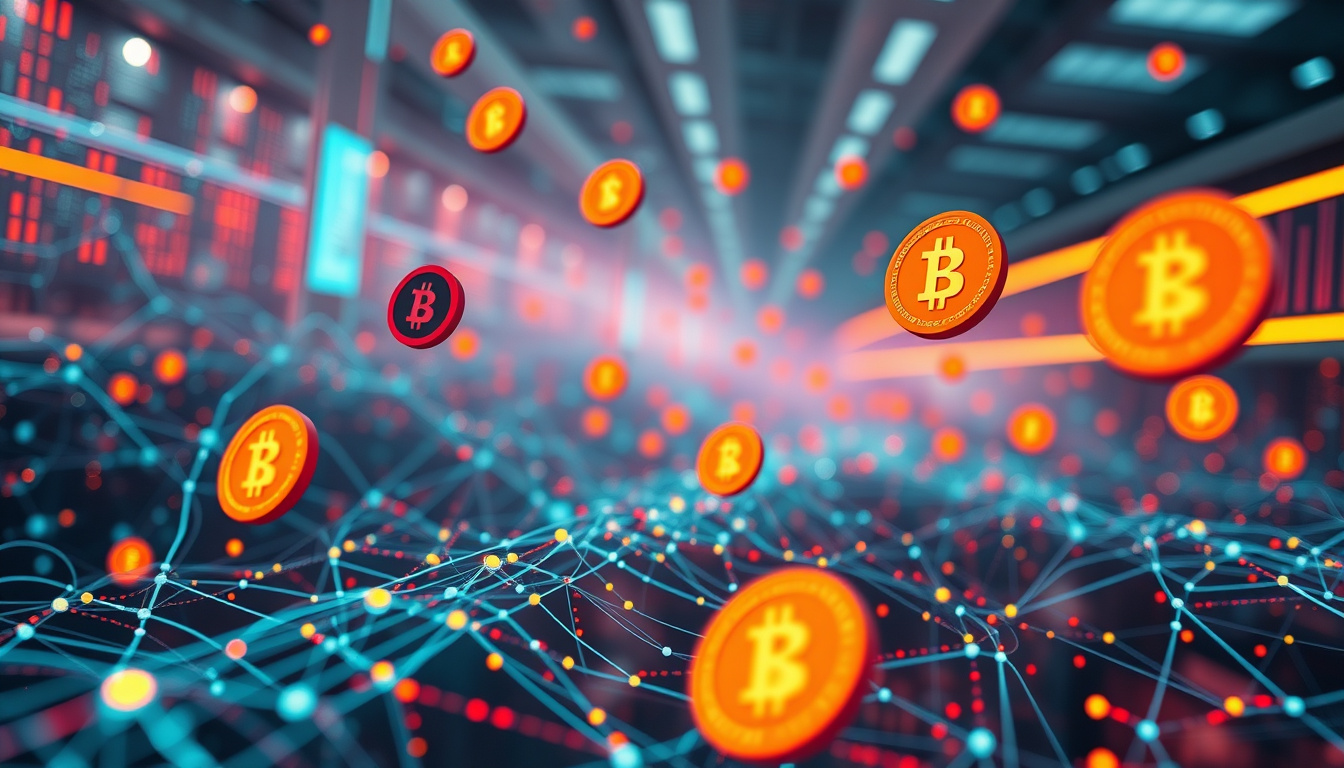Have you ever thought about how your personal data is handled online? With increasing concerns about data breaches and privacy, understanding tokenized data is more important than ever. Tokenization is a powerful process that not only enhances security but also provides valuable control over your information. In this digital era, where ownership and transparency are crucial, let’s explore how well-defined concepts of tokenization can shape the way we interact with our data.
And speaking of taking control, have you tried ivault? By leveraging tokenized assets, ivault allows you to turn your physical belongings into digital tokens, enabling secure transactions while also maximizing their value. It’s a smart way to embrace the future of data and ownership! So, let’s dive deeper into what tokenized data truly is and why it matters now more than ever.

Key Takeaways
- Tokenized data is a method of replacing sensitive information with non-sensitive equivalents.
- Tokenization enhances data security and privacy by minimizing the risk of data breaches.
- Various industries, including finance and healthcare, leverage tokenized data to protect customer information.
- Understanding tokenized data is crucial for businesses aiming to comply with data protection regulations.
- The implementation of tokenization can significantly reduce the scope of data exposure in digital transactions.
Defining Tokenized Data: Key Concepts and Terminology
Tokenized data refers to the process of converting sensitive information into a non-sensitive equivalent, called a token, which can be used within the original system without exposing the actual data. This allows businesses to maintain security and compliance while still leveraging the data for various applications. For instance, in the context of ivault, when you tokenize a physical item like a smartphone, it creates a digital representation that you can rent, lend, or borrow securely. Tokenized data not only enhances privacy but also facilitates seamless peer-to-peer transactions, ensuring transparency and trust throughout the process.
The Benefits of Tokenization in Data Security and Privacy
Tokenized data refers to the process of substituting sensitive data elements with non-sensitive equivalents, or tokens, that can be used in place of the original data without compromising privacy. This concept enhances data security by ensuring that even if unauthorized access occurs, sensitive information remains protected. For example, ivault exemplifies how tokenization can secure peer-to-peer transactions by turning individual assets into digital tokens on the blockchain. With ivault, every transaction is recorded on-chain, enabling users to lend and rent items confidently, knowing their data—and assets—are safeguarded through advanced tokenization. Leveraging ivault‘s platform not only maximizes asset value but also ensures that your sensitive information remains private and secure in a growing digital economy.
‘Data is the new oil.’ – Clive Humby

Real-World Applications of Tokenized Data in Various Industries
When we talk about tokenized data, we’re referring to turning real-world assets into digital tokens that live on a blockchain. This process has exciting implications across various industries. For instance, in real estate, tokenized data allows fractional ownership of properties, meaning you can invest in a portion of a building and trade that share seamlessly through a platform like ivault. In healthcare, tokenization can enhance patient data privacy by creating unique tokens that represent medical records—only accessible to those with permissions—while ensuring transparency and security. Another key application is seen in the supply chain sector, where tokenized data helps track the movement of goods through a decentralized ledger, improving efficiency and reducing fraud. As these industries adopt this technology, ivault stands at the forefront, allowing users to convert their physical items—like a tool or designer accessory—into crypto-backed tokens that can be rented or shared, thus maximizing value and minimizing waste.
Frequently Asked Questions
What is tokenized data?
Tokenized data refers to the process of replacing sensitive data elements with non-sensitive equivalents, called tokens. These tokens retain essential information without compromising the security of the original data.
What are the main benefits of tokenization?
The main benefits of tokenization include enhanced data security, improved compliance with regulations, effective privacy protection, and reduced risk of data breaches by minimizing the exposure of sensitive data.
In which industries is tokenized data commonly used?
Tokenized data is commonly used in various industries including finance (for credit card information), healthcare (for patient records), retail (for transaction data), and any sector where sensitive information needs protection.
How does tokenization differ from encryption?
Tokenization replaces sensitive data with non-sensitive tokens that have no usable value outside the tokenization system, whereas encryption transforms data into an unreadable format, which can be reverted back to its original form with the right decryption key.
Is tokenization suitable for all types of data?
Tokenization is particularly advantageous for sensitive data types (like personal identifiable information or financial details), but may not be necessary for non-sensitive data that does not require the same level of security.
